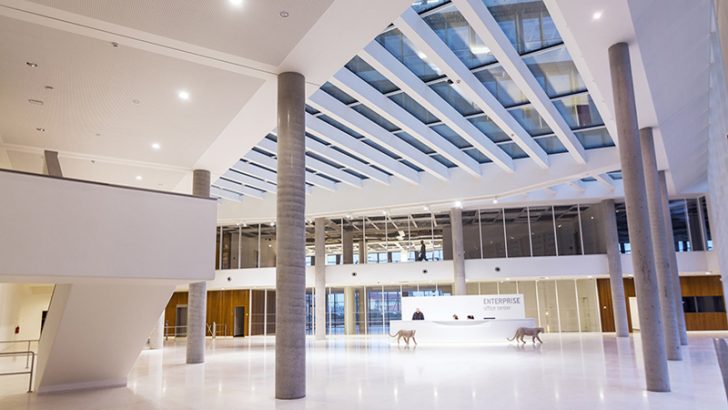

Consolidation in the security industry vendor space is beginning to gather speed. The latest acquisition to be announced is Avast Software offering $1.3 billion for fellow security vendor AVG. The move will bolster the endpoint protection market share of both companies. What is less clear is how this will expand their aims of driving further into the business market.
In the press release Vince Steckler, chief executive officer of Avast Software commented: “We are in a rapidly changing industry, and this acquisition gives us the breadth and technological depth to be the security provider of choice for our current and future customers. Combining the strengths of two great tech companies, both founded in the Czech Republic and with a common culture and mission, will put us in a great position to take advantage of the new opportunities ahead, such as security for the enormous growth in IoT.”
What is this deal about?
According to the press release this is about increasing global reach and access to the AVG technology portfolio. Avast believes that this deal with also put them in a good position to deal with the security challenges of the Internet of Things (IoT).
The combined company will be protecting over 400 million endpoints devices. 160 million of these are mobile and Avast sees them as an early warning for new malware. It believes that this will also enable it to create better personal security and privacy products based on the data it gathers.
What is Avast paying?
This is an all-cash tender that values AVG shares at $25.00 each. The money will come partly from Avast’s cash balance and from access to loan facilities. It has a financing commitment of $1.685 billion from three lenders, Credit Suisse Securities, Jefferies and UBS Investment bank. Avast has given up $150 million in equity investment as part of this deal.
For AVG shareholders this seems to be a good deal. The price is a 33% premium over the July 6 closing price. The news caused the shares to jump 31% to $24.68 wiping out most of the premium. It is worth noticing that they are still 15% lower than their year high.
Are security companies the next gold rush?
The explosion of security companies is creating pressure in the market for a wave of consolidation. IBM Security recently held an event for industry analysts. It told them it was currently competing with over 750 companies across the security industry. It is probably one of the fastest growing spaces with new companies appearing almost weekly.
There is a constant flow of stories around security breaches. For companies trading in Europe, the emerging GDPR means that they are running out of time to fix their security. The big security vendors see this as an opportunity to increase sales not just of products but also services.
It is not surprising, therefore, that we are beginning to see consolidation in the market. But is this really a gold rush? Not quite yet for smaller security companies. However for shareholders of larger companies it can mean big profits. Last month Symantec paid a hefty premium for Blue Coat, spending $4.65 billion for a company valued at around half of that a year earlier.
But valuations can go down as well as up. When Dell has sold its security business as part of a larger asset deal for around $2 billion, it took a significant cut in value. That sale went to a joint venture between Francisco Partners and Elliot Management who see an opportunity to turn it around in the same way Blue Coat was turned around.
Larger companies seeking greater market share
IBM restructured its security division last year giving it control over all the software products in the portfolio. Since then it has acquired Resilient Systems and launch IBM Watson for Cybersecurity. The latter is still in the research stage as IBM works with universities to load data.
Meanwhile Hewlett Packard Enterprise (HPE) has been very quiet. Its last security acquisition was Voltage Security back in 2015. Since then it has spent a lot of time building out its Security Operation Centres (SOCs) to support enterprise customers.
Another player in this space who has been quiet but investing heavily is Huawei. In March we met with Huawei to talk about its ambitions in security. It told us that it had spent a large sum of money building out a network of SOCs around the world. In addition it had invested heavily in technologies to mitigate DDoS attacks.
Conclusion
AVG shareholders have done well out of this deal. The share price has failed to return to anything like its high in September last year. The question now is whether the rally today can be sustained and whether Avast can be persuaded to increase its offer. It has announced it has access to more funds but will be cautious about overspending.
As we move towards the end of 2016 it is likely we will see a significant increase in the number of deals in the security market. How many of those will be large companies buying competitors is unknown. However, the increased attention on the sector may well tempt equity companies into increasing their investment in start-ups.
Will this improve security for end-users and businesses? Hopefully, yes but in a market where the bad guys hold most of the cards, it may be a while before acquisitions lead to a shift in who is in control.

























